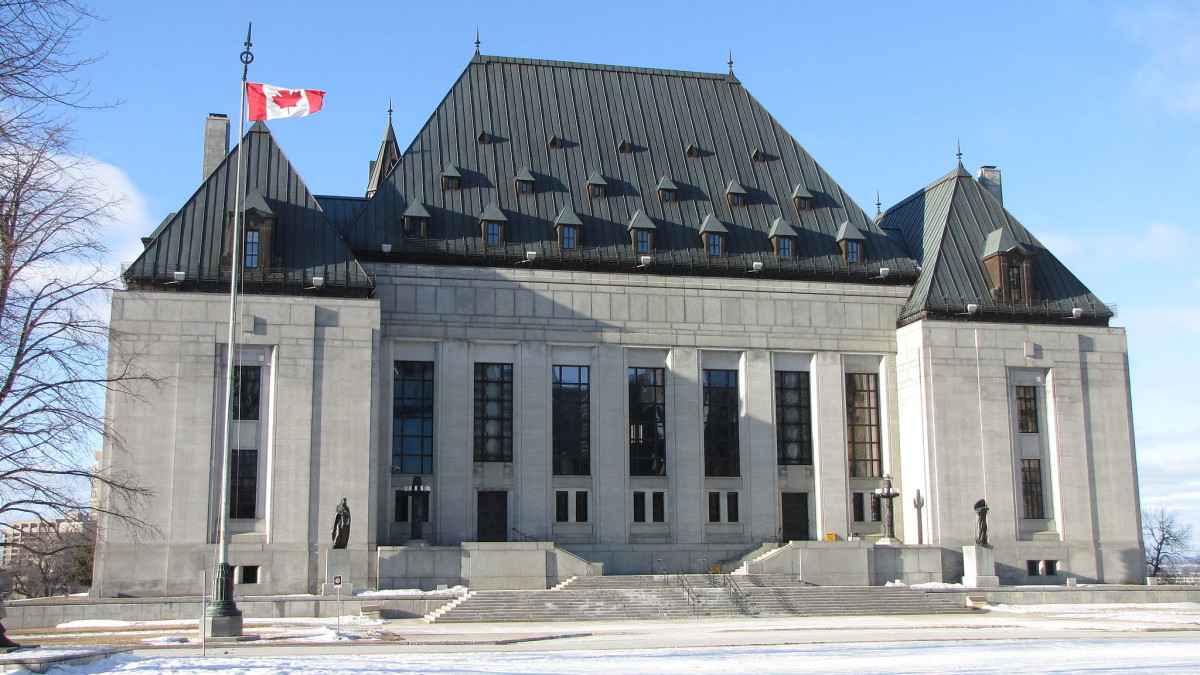Transparency—or its absence—continues to fascinate healthcare analysts and healthcare economists. A study just published in the Annals of Internal Medicine addresses the effects of public reporting of hospital mortality rates on outcomes. Its senior author, Dr. Ashish Jha, offered his perspective on the study results and on the topic of transparency in The Health Care Blog.
According to the study investigators, mandatory public reporting of hospital mortality is not improving outcomes. The result of their analysis surprised them because “the notion behind transparency is straightforward” and the “logic [of public reporting] is sound.” The conclusion, therefore, is to persist in the effort, but to do it better with better metrics, better methods, and better data. Continue reading “Let’s be clear about transparency”









